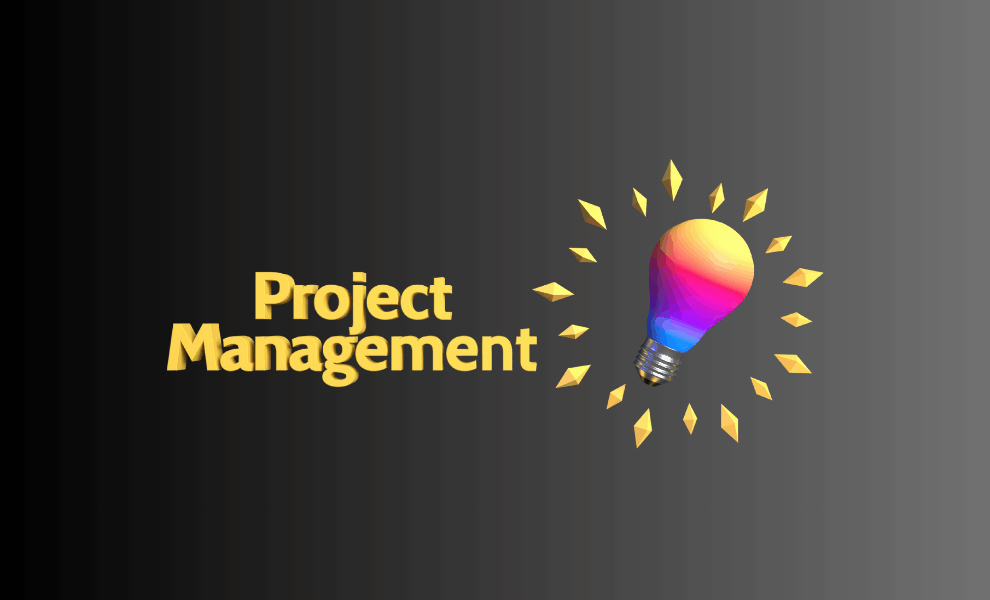Project management is changing as businesses look for improved methods of delivering outcomes in an increasingly complex world. Current practices are being replaced by more adaptive, technology-embracing, and human-focused practices, enabling quicker response to ever-changing requirements.
From the genesis of hybrid project management to the increased emphasis on soft skills, the newest scheduling software, GPS tracking, and green initiatives, these are today’s best trends driving project management in the modern era.

From Waterfall to Agile: A Great Transformation
Agile project management evolved from the waterfall model, a linear, sequential method in which each step of planning, production, and completion had to be accomplished before going on to the next. Although a safe method, it was not always optimal for firms where activity happened quickly.
That is when Agile came into the picture.
Agile advocates short, iterative cycles called sprints, where one can change and improve along the way. Agile encourages teamwork and speeds up delivery. It’s typical in software development where flexibility is paramount.
Agile is effective in most situations but is not a universal fit, leading businesses to look at hybrid project management solutions.
The Rise of Hybrid Project Management
Hybrid project management bridges the frameworks of the traditional methods with the flexibility of Agile.
It enables teams to:
- Make changes to their approach based on the needs of a project
- Utilize Agile iterations for some work and a linear model for the rest
- Tackle flexibility and long-term planning
- Deploy quickly with governance and fix defects beforehand
To fuel this process, teams use such tools as Kanban boards, sprint tracking, Gantt charts, and analytics dashboards, smoothing out work without losing structure.
Why Soft Skills Matter More Than Ever
Project management is not merely about efficient processes, it is about people. Communication, leadership, and problem-solving are just as relevant as the tools.
The best soft skills are:
- Communication: PMs ensure stakeholders, clients, and teams are on the same page.
- Leadership: Managers encourage and direct teams to project success.
- Time Management: Leaders must prioritize to get projects completed on time.
- Conflict Resolution: Effective PMs resolve conflict for everyone’s benefit.
- Adaptability: Versatile managers remain flexible as project demands change.
- Critical Thinking: Project managers make smart, wise decisions strategically.
- Organization: Organizing assignments, materials, and records properly prevents details from falling through the cracks.
Problem-solving is another essential trait of successful PMs. Innovative solutions and negotiation with departments to streamline the supply chain are necessary.
Smarter Project Scheduling with Technology
With the help of today’s most sophisticated project scheduling software, teams remain on track while they efficiently manage tasks, timelines, and resources. Automated reminders, task tracking, and real-time collaboration ensure higher organization and accountability.
Other advanced techniques:
- Predictive Analytics: PMs can leverage data-driven forecasting of delays and risks
- AI and Machine Learning: Tasks may now be auto-scheduled and project data tabulated.
- Cloud-Based Collaboration: This keeps remote teams from ever falling out of sync.
- Change Management: Helping teams adapt to unexpected changes improves project outcomes.
With the adoption of these technologies, teams can work smart and hard and eliminate issues with delays, human error, and quality control.
How GPS Tracking is Transforming Project Management
GPS tracking is becoming a game-changer in industries like construction, logistics, and field services. With real-time monitoring of equipment, vehicles, and personnel, field service management software can:
- Optimize routes to reduce wasted time
- Enhance safety by monitoring workers in dangerous zones
- Increase efficiency by having assets where they are needed
- Streamline time tracking to improve reporting accuracy
Emerging trends are coupling GPS with ERP and CRM solutions, leveraging AI insights to prevent workflow bottlenecks, and incorporating indoor GPS location tracking for optimal resource optimization.
The Evolving Role of ESG in Project Management
Project management is increasingly integrating Environmental, Social, and Governance (ESG) values into its framework, enabling companies and practices to remain ethical and sustainable.
By considering PM from an environmental point of view, teams can minimize the ecological footprint through:
- Green materials and optimal energy solutions
- Carbon footprint reduction
- Environmental waste management
The social component of ESG project management criteria is concerned with issues like fair labor practices and diversity through:
- Equal pay and benefits
- Construction of inclusive PM teams
- Supporting the local community via social initiatives
Meanwhile, an emphasis on governance fosters ethical business practice through:
- Transparency and accountability in decision-making
- Compliance with laws and ethical standards
- Protecting shareholder and stakeholder interests
Inserting ESG considerations into project management systems puts greater focus on compliance while encouraging companies to embrace more goodwill initiatives..
Optimize Your Project Management Plans
Today’s project managers have to work on a shifting landscape of methodologies, tooling, and business drivers. The waterfall-to-Agile transformation, the arrival of hybrid models, and the importance attributed to soft skills are all remaking the character of work.
With emerging schedule tools, productive real-time GPS tracking, and more focus on ESG principles, the future of project management is flexibility, innovation, and sustainability. Individuals who embrace these trends will be the ones leading the way to delivering efficiently and responsibly!
Recommended For You:
Choosing the Right Deep Learning Libraries: How to Match Frameworks to your Successful AI Project


